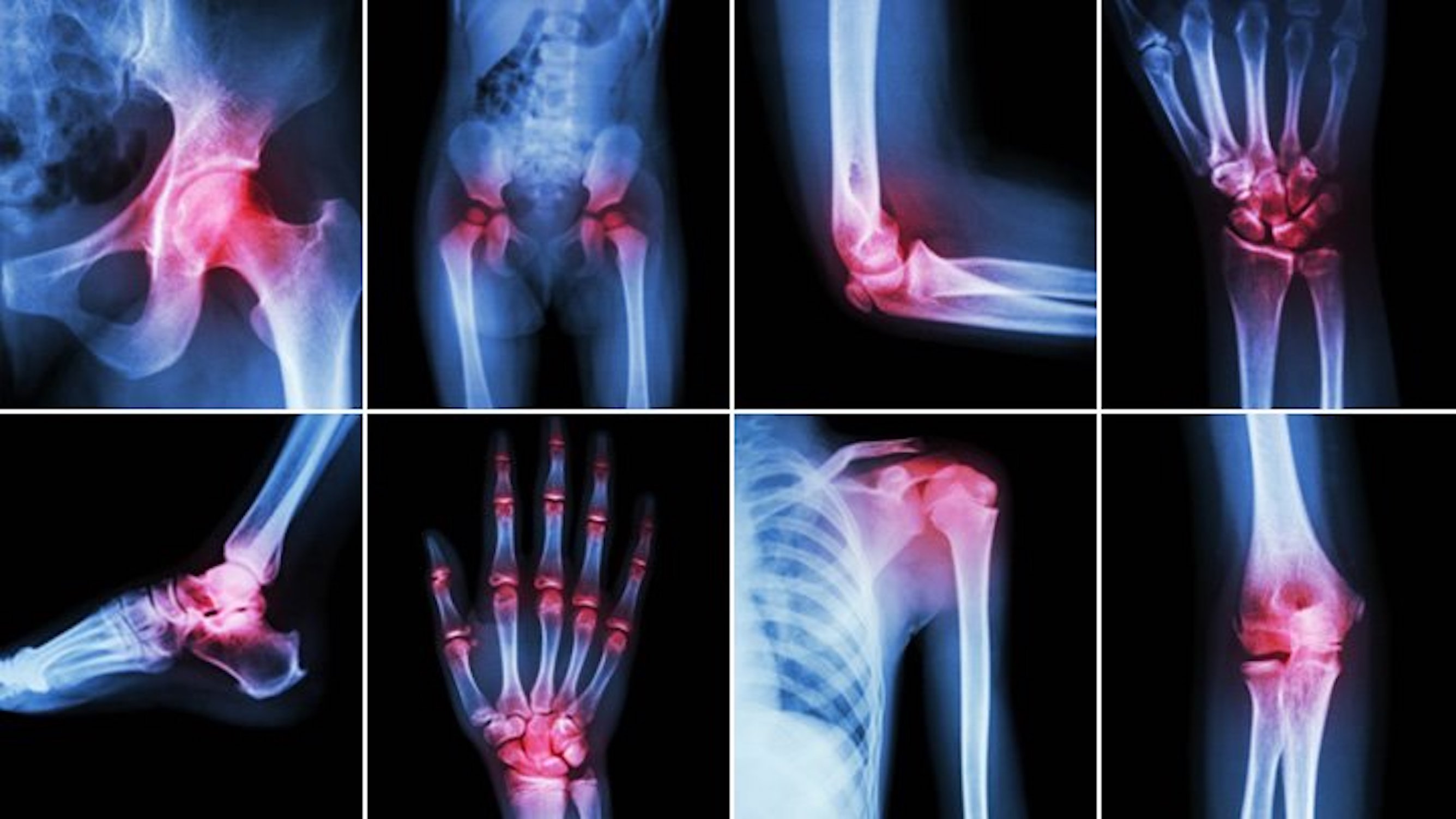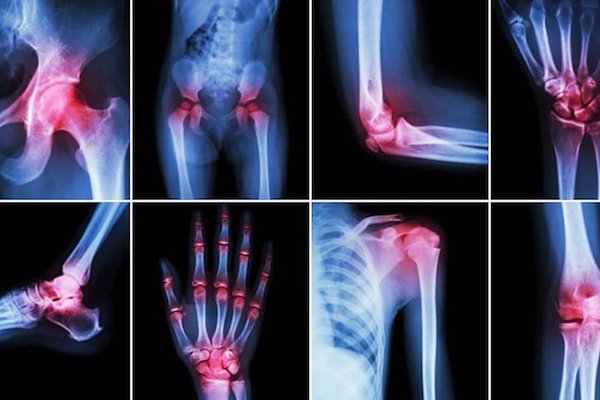A study suggests that women with spondyloarthritis (SpA) have less favorable outcomes across the disease spectrum compared with men. The results were reported in RMD Open.
While growing evidence shows that SpA manifests differently in men and women, less is understood about how gender influences SpA outcome measures. To elucidate on this, researchers assessed data on 4,185 patients from 23 countries with axial SpA (axSpA), peripheral SpA (pSpA), or psoriatic arthritis (PsA). The population of interest derived from the Assessment of Spondyloarthritis International Society (ASAS)-perSpA study. The correlation between gender and disease activity was assessed using the Ankylosing Spondylitis Disease Activity Score (ASDAS), the Bath Ankylosing Spondylitis Disease Activity Index (BASDAI), the Bath Ankylosing Spondylitis Functional Index (BASFI), and the level of C-reactive protein (CRP). Multilevel multivariable linear mixed modeling was used to analyze the findings.
The results showed that axSpA was more frequent in males at 68%, while pSpA and PsA were more frequent in females at 53% and 52%, respectively. The researchers noted an appreciable link between significant gender and disease subtype for ASDAS, BASDAI, and BASFI. They observed that female sex was independently associated with higher BASDAI across all three disease subtypes with varying degrees of magnitude.
Overall, because the findings showed that female sex influences BASDAI across subtypes, and ASDAS is correlated with gender only in pSpA and PsA, the researchers concluded that ASDAS is the appropriate instrument to use for measuring disease activity in both men and women.
Reference: Benavent D, Capelusnik D, Ramiro S, et al. Does gender influence outcome measures similarly in patients with spondyloarthritis? Results from the ASAS-perSpA study. RMD Open. 2022;8(2):e002514. doi:10.1136/rmdopen-2022-002514









